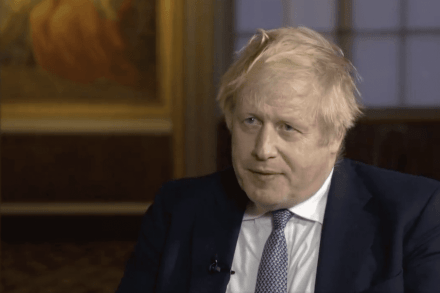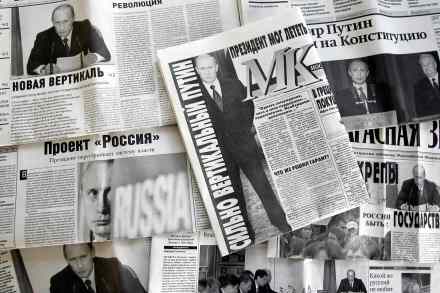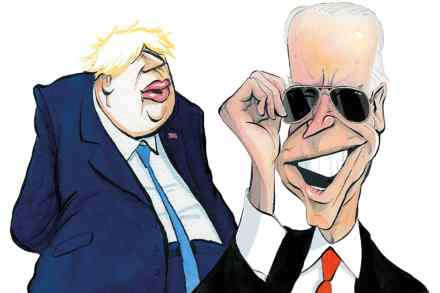Sunday shows round-up: Ukraine could see ‘biggest war in Europe since 1945’
The Prime Minister has been attending the annual Munich Security Conference, where the prospective Russian invasion of Ukraine is very much at the top of the agenda. The BBC’s Sophie Raworth caught up with Boris Johnson yesterday, following a speech he made warning of the disaster that war would bring. Johnson said in the interview that he believed that Vladimir Putin was ready to orchestrate such a crisis at any moment: ‘It is important that people should feel confident again’ Tomorrow, the government is expected to announce its plans to remove all Covid restrictions for England. Raworth asked if this would erode the government’s ability to act decisively if complications




















